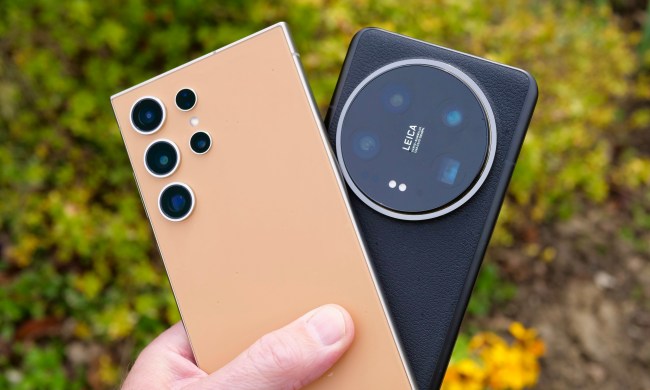Thomas Heaton, landscape photographer and Youtuber, recently put out a great video on this exact topic, looking into some of the various lens filters that were so popular back in the film days and talking about what use, if any, they still have in today’s digital photography workflows (speaking specifically from his point of view).
Starting with the neutral-density (ND) filters, Heaton contends that with today’s technology, these filters are often simply not needed. The dynamic range of the image files cameras are capturing, the ability to take multiple images and stack them in post-production to produce a single image, a lot of these techniques have removed the need for an ND filter. However, as Heaton notes in his video, he still uses the ND filters, despite not necessarily needing them. His reason — love of photography, and of the outdoors. He also subscribes to the popular digital photography saying, “get it right in camera.” The more time he spends getting the image right out in the field, the less time he has to be in front of a computer at home, which in turn means more time he can be out in the world taking pictures.
The polarizing filter is an interesting case because as Heaton points out, the effect that it produces can not be replicated in post-production, and this means that yes, even in today’s digital photography world, he still considers a polarizing filter to be a needed accessory for landscape photographers.
So to answer our initial question, do you still need lens filters? In many cases, no, not at all. But that doesn’t mean that using them does not still come with some benefit. As Mr. Heaton says in his video, different strokes for different folks. So do what feels right for you in a given situation and enjoy your art.


